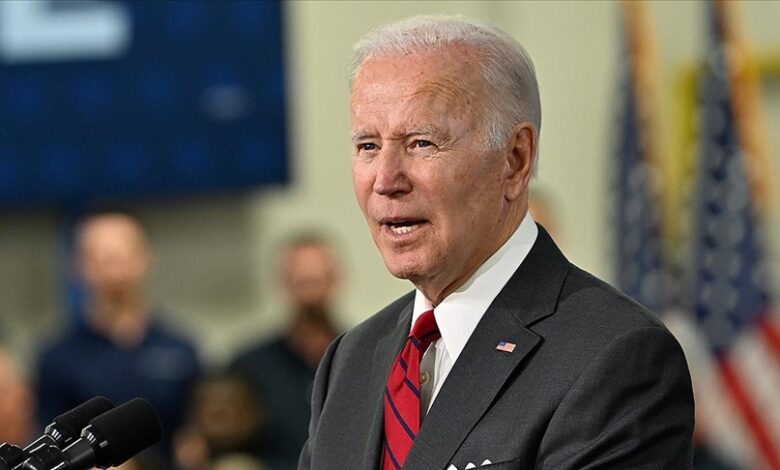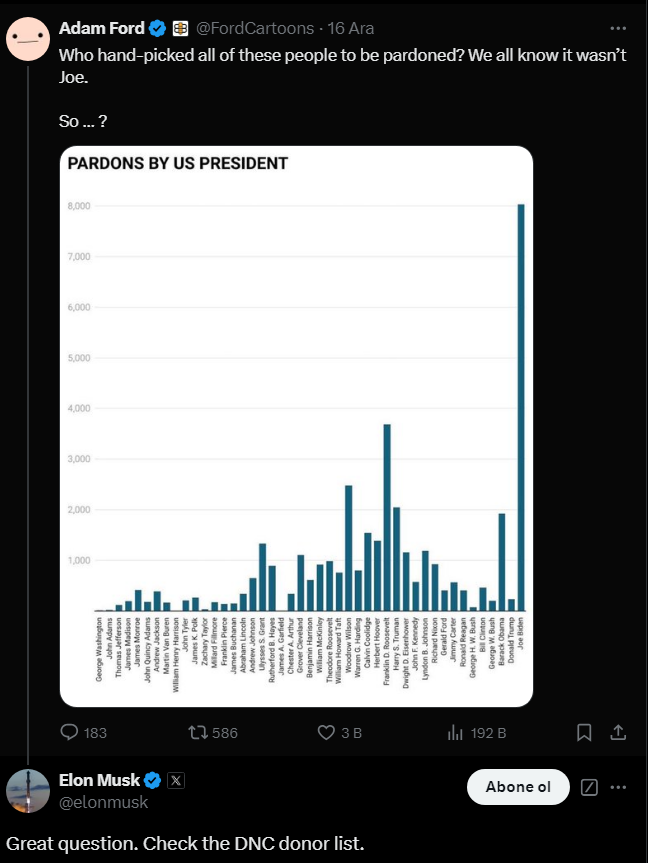Biden’s Massive Clemency Act Sparks Debate Over Presidential Pardon Power
On December 13, 2024, U.S. President Joe Biden made headlines by issuing one of the largest acts of clemency in modern American history, pardoning 39 individuals and commuting the sentences of nearly 1,500 others.

On December 13, 2024, U.S. President Joe Biden made headlines by issuing one of the largest acts of clemency in modern American history, pardoning 39 individuals and commuting the sentences of nearly 1,500 others. The move aimed at correcting perceived injustices in the criminal justice system and has reignited discussions on the extent and ethics of the presidential pardon power.
The clemency recipients included those convicted of non-violent crimes, and the commutations primarily affected individuals who had been on home confinement due to the COVID-19 pandemic, suggesting a policy of second chances and rehabilitation. The White House described this as the most significant single-day act of clemency, focusing on individuals who have shown remorse and contributed positively to their communities post-conviction.
However, the announcement has led to a firestorm of criticism from conservative circles on social media. Several pundits have accused Biden of overstepping his authority, with claims that he has issued more pardons than any other president in U.S. history. This assertion was notably echoed by tech mogul Elon Musk on his platform X, where he suggested that Biden’s actions were an “unprecedented expansion of executive power.”

Fact-checking these claims reveals inaccuracies. While Biden’s clemency actions are significant, they do not surpass historical benchmarks when considering the full scope of presidential pardons. For example, President Jimmy Carter’s mass pardon of Vietnam War draft evaders in 1977 affected a much larger number of individuals. Moreover, Biden’s total number of individual pardons stands at 65, which does not rank him at the top historically when compared to presidents like Carter or even his predecessor, Donald Trump, who issued 143 pardons during his first term.
The debate over Biden’s use of clemency powers touches on broader discussions about the balance of power, the role of the presidency in the judicial system, and the ethics of executive clemency. Critics argue that the scale and timing of these pardons could set a dangerous precedent, especially with President-elect Donald Trump’s incoming administration known for its plans to aggressively utilize pardon powers, including potentially for those involved in the January 6 Capitol riot.
Supporters of Biden’s decision counter that the act reflects a commitment to justice reform, highlighting the cases where sentences were deemed too harsh under current standards or where individuals have shown significant rehabilitation. They argue that this use of clemency is within the constitutional rights of the president to grant reprieves and pardons for offenses against the United States, except in cases of impeachment.
As the political landscape continues to evolve, the conversation around Biden’s clemency action illustrates ongoing tensions between executive authority, judicial independence, and public perception of justice and fairness in America.




